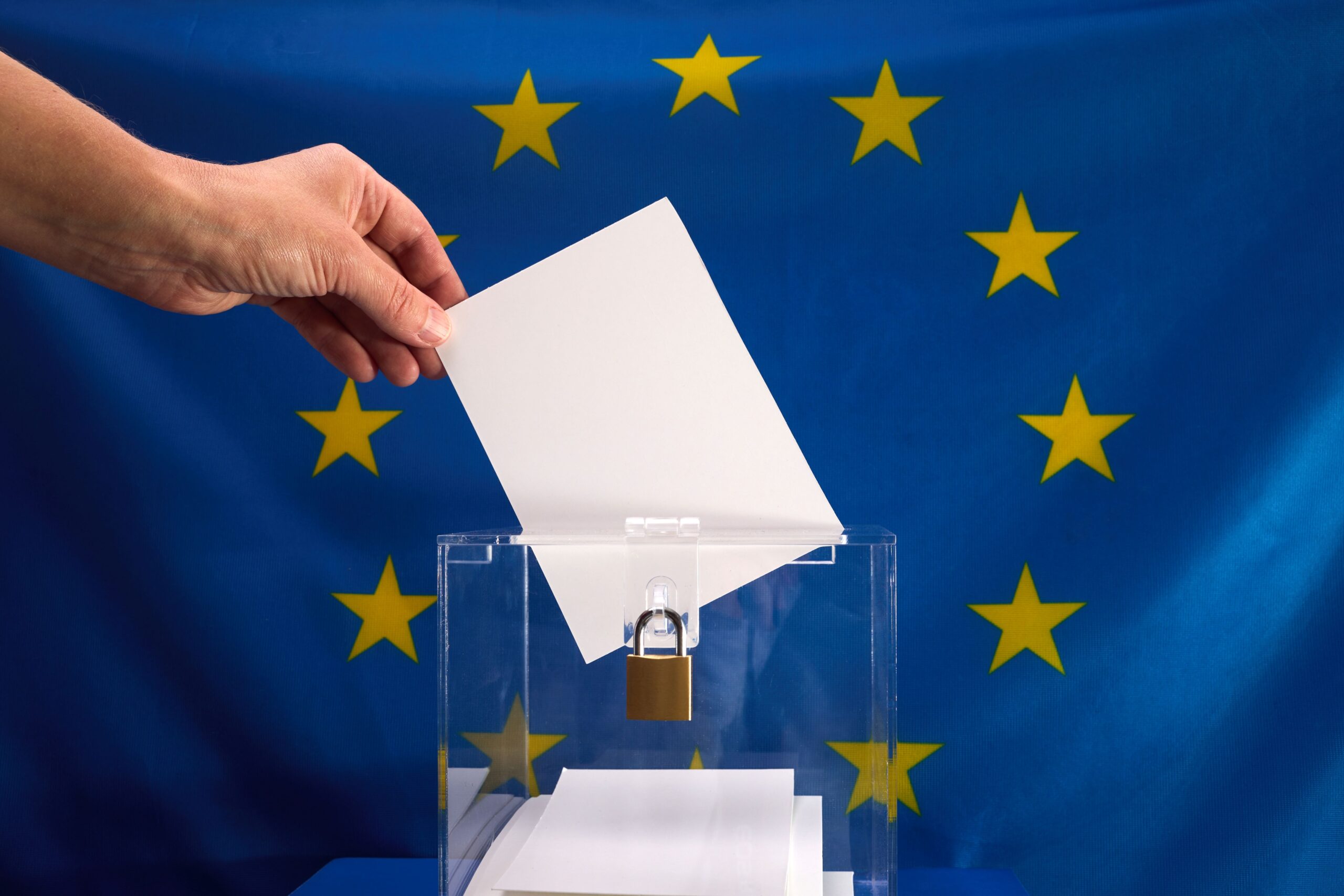
Every five years, European citizens have a chance to shape the future of the EU — but will they show up? With the next European elections set for June 2024, the call to vote rings louder than ever. At a time of global instability, rising disinformation, and political fragmentation, these elections go far beyond party lines. They are a moment to affirm our shared values, our democratic structures, and our vision for a united Europe.
Turnout: the challenge of reconnection
Voter turnout in European elections has long been a concern. In 2014, participation hit a record low at 42.6%, before rebounding to 50.7% in 2019 — the first rise since direct elections began in 1979. Yet this means that nearly half of eligible Europeans still didn’t vote. Why?
- Perceived distance from EU institutions
- Lack of awareness about the impact of the Parliament’s work
- Mistrust in political processes or parties
Efforts have since intensified to reverse this trend. Civil society organisations, youth groups, and media campaigns are stepping in to make the 2024 vote personal, tangible, and relevant.
The Parliament: what power looks like
Some voters still see the European Parliament as a symbolic body. In reality, it is a co-legislator with the Council, shaping laws on climate, digital policy, migration, and more. It also approves the EU budget and oversees the Commission.
Key decisions in 2024–2029 will include:
- Finalising the Green Deal and digital transition
- Responding to global conflicts and EU enlargement
- Regulating AI and digital platforms
- Defining post-COVID economic recovery
By voting, citizens choose who will debate, decide, and defend their interests in all of this.
Young voters: Europe’s silent power?
Voters aged 18–30 remain underrepresented, despite being among the most affected by EU policy (climate, education, jobs). The 2019 “This Time I’m Voting” campaign helped, but more targeted outreach is needed.
Initiatives like the “EU Academy for Young Voters” and digital platforms such as “VoteWatch” aim to close this gap, offering accessible information and highlighting how Parliament decisions connect to real life.
Defending democracy in an age of noise
The 2024 elections take place in a digital battlefield. Disinformation, algorithmic bubbles, and AI-generated content pose real threats to informed choices. The EU has strengthened its Digital Services Act and is coordinating with platforms to monitor fake news, but voters remain the best line of defense.
Civic literacy, independent media, and open debate are essential. And so is one powerful act: voting.
“Casting a vote is not just a right, it’s a defense of democracy,” said European Parliament President Roberta Metsola in a recent address.
What’s at stake
These are not just procedural elections. They will determine:
- The direction of EU action on global crises
- The future of cohesion, migration, and human rights
- The credibility of democratic institutions
In an era where trust in democracy is fragile, participation is both a right and a responsibility.
What we take away
The European elections are not about Brussels. They’re about each of us — our environment, our freedoms, our futures. Choosing not to vote is still a choice, but one that leaves the path open for others to decide. In 2024, let’s not just watch history unfold. Let’s shape it.
Further reading:
European Parliament: https://europarl.europa.eu
European Youth Forum — Vote initiatives: https://www.youthforum.org

